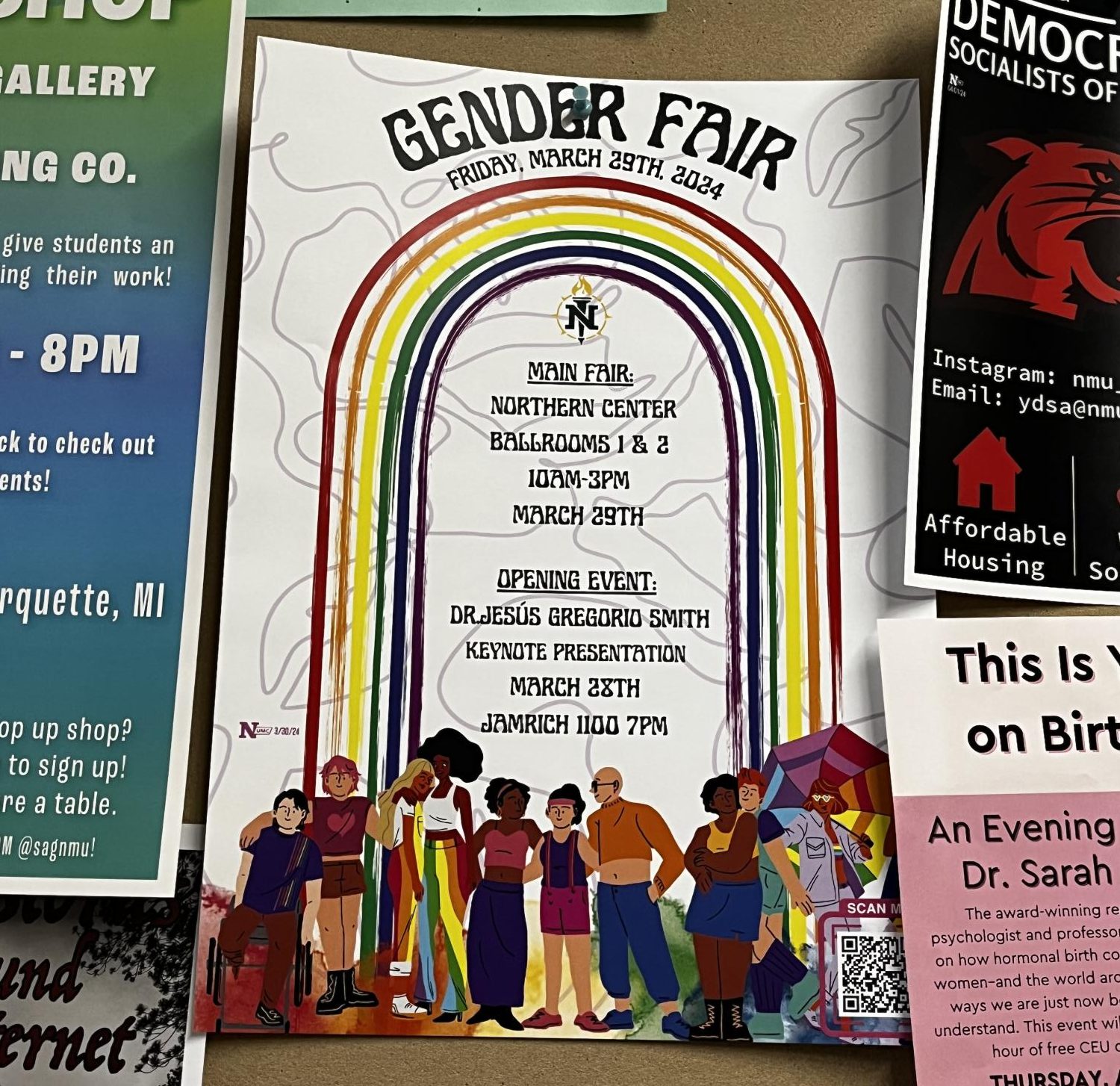When most people think about sexual assault, they imagine a brute act between a stranger and victim. However, 59% of sexual assaults happen to people who know the perpetrator, and they don’t happen by someone being jumped in parking garages. College culture encourages crimes like date rape or “roofying,” but what many don’t consider is a sneakier, more sinister version of sexual assault that convinces the victim that they aren’t a victim at all.
Amid the Gender Fair at NMU and the end of Women’s History Month, it’s time to discuss the danger of sexual coercion.
Sexual coercion is the psychological manipulation of another person to persuade them into having sexual relations despite the victim not giving consent. Emotional violence is as serious as physical violence, and so often the case is that these crimes happen domestically or within relationships.
For college age people who are beginning to navigate the dating world, it can be difficult to identify coercion as an assault, so it’s written off even though it leaves lasting psychological damage on the victim who remains confused about why they feel unsafe within themselves.
Examples of sexual coercion include: telling someone not having sex will damage their relationship, making promises to reward someone for having sex, threatening someone’s career or livelihood if they don’t comply, threatening to spread rumors, or guilting someone into having sex so they feel obligated. Do any of these sound familiar?
According to Office on Women’s Health, one in six women experience sexual coercion at least once in their lifetime. This aggressive manipulation is less uncommon than you’d think, and its lack of emphasis when discussing sexual assault awareness invalidates victims who are equally as violated as those who experienced a violent crime.
After being sexually coerced, the traumatized victim not only harbors the intense feelings about their violation but encounters other issues as well. The victim’s feelings are minimized by the fact that they didn’t definitively say no, or weren’t physically forced, etc. which can lead the victim to ignore their trauma by convincing themselves that it was their fault. The longer these feelings are repressed, the harder it is to come to terms with them and heal within one’s body and mind.
Sexual coercion is not the victim’s fault for not ‘resisting’ the manipulation they experience. Just because you didn’t physically say no because you didn’t feel safe to doesn’t mean you consented. Sexual assault is more than just a crime, it’s a brutal invasion of mind and body, a stripping of autonomy, and an irreversible, life-long shattering of a person’s nervous system.
Sexual assault is not just a social misstep or a politically sensitive subject, it’s a complete disregard for a person’s will, health, and safety. College is a great time to learn what real consent means; there are no strings attached, there is nothing being held over anyone’s head, and both parties are willing to engage safely with boundaries clearly stated and affirmed.







